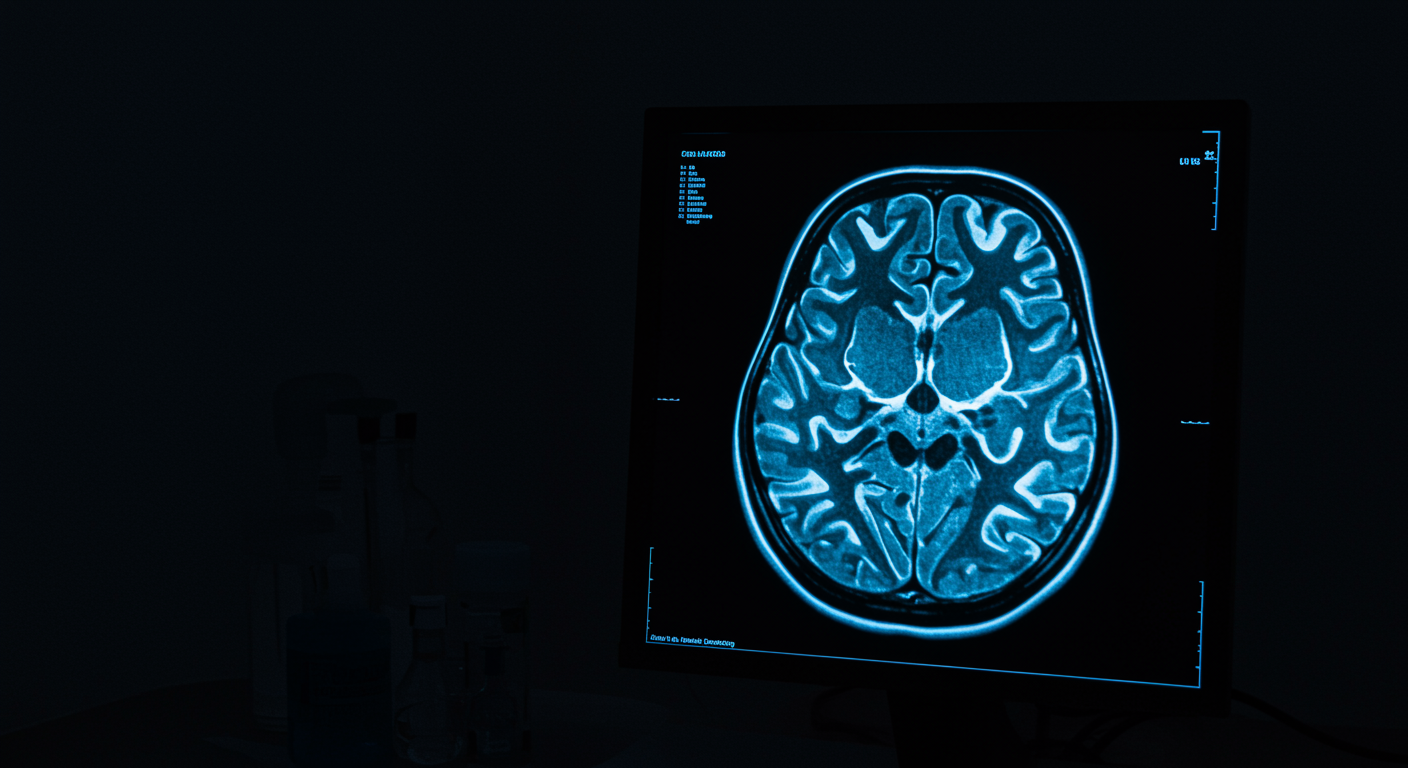Why Do So Many Women Develop Depression During Perimenopause?
Hormonal fluctuations during perimenopause directly trigger depression in up to 30% of women, even those with no prior history of mood disorders. The dramatic swings in estrogen and progesterone levels disrupt neurotransmitter systems, particularly serotonin and GABA, creating a biological vulnerability to depression that’s distinct from life circumstance-related mood changes.
Dr. Kumar’s Take
Perimenopausal depression is one of the most misunderstood and undertreated conditions in women’s health. Too often, women are told their mood changes are “just stress” or “part of getting older,” when in reality they’re experiencing a hormonally-driven medical condition that responds well to appropriate treatment. The tragedy is that many women suffer for years with antidepressants that don’t address the root cause, when hormone therapy could provide more targeted and effective relief.
What the Research Shows
Studies demonstrate that women are 2-4 times more likely to experience depression during perimenopause compared to premenopausal years. This increased risk occurs even in women with no previous history of depression and persists regardless of psychosocial factors. The depression often begins during early perimenopause when hormone levels are fluctuating wildly, not just when they’re consistently low. Research shows that estrogen fluctuations, rather than absolute estrogen levels, are the primary trigger for mood symptoms.
How This Works (Biological Rationale)
Estrogen has profound effects on neurotransmitter systems involved in mood regulation. It increases serotonin synthesis and receptor sensitivity while reducing serotonin reuptake, essentially acting like a natural antidepressant. Estrogen also modulates GABA, dopamine, and norepinephrine systems. During perimenopause, dramatic fluctuations in estrogen levels create corresponding instability in these neurotransmitter systems. Additionally, declining progesterone reduces the calming effects of its metabolite allopregnanolone, contributing to anxiety and mood instability.
Practical Takeaways
- Recognize that depression during perimenopause is primarily biological, not psychological or circumstantial
- Consider hormone therapy as a first-line treatment for perimenopausal depression, especially when combined with other menopausal symptoms
- Understand that traditional antidepressants may be less effective when hormonal fluctuations are the primary driver
- Seek evaluation from providers who understand the connection between hormones and mood
- Know that treating the underlying hormonal changes often resolves mood symptoms more effectively than treating depression alone
- Consider that cognitive behavioral therapy can be helpful as an adjunct to hormonal treatment
What This Means for Perimenopause and Menopause Care
This research validates what many women experience: that their mood changes during perimenopause are real, biological, and treatable. It challenges the outdated notion that perimenopausal depression is simply a psychological response to aging or life changes. Understanding the hormonal basis of perimenopausal depression supports comprehensive care that addresses the root cause rather than just managing symptoms with antidepressants that may not be optimally effective.
Related Studies and Research
Episode 31: Depression Explained — The Biology Behind the Darkness
Episode 32: Depression Recovery Roadmap: A Step-by-Step, Evidence-Based Plan
Hormonal Agents for the Treatment of Depression Associated with the Menopause
Episode 27: Perimenopause, Menopause, and HRT - What Every Woman Should Know
FAQs
Can hormone therapy help with perimenopausal depression?
Yes, hormone therapy often provides significant relief from perimenopausal depression by stabilizing the hormonal fluctuations that trigger mood symptoms. Many women see improvement in mood as one of the first benefits.
Should I try antidepressants first or hormone therapy?
If your depression coincides with other perimenopausal symptoms, hormone therapy may be more effective as it addresses the root cause. Discuss with a provider who understands hormonal influences on mood.
Can I develop depression during perimenopause even if I’ve never been depressed before?
Absolutely. The hormonal changes of perimenopause can trigger depression even in women with no prior history of mood disorders. This is a biological vulnerability, not a character weakness.
Bottom Line
Perimenopausal depression is a hormonally-driven medical condition that deserves recognition and appropriate treatment. Understanding the biological basis helps women and their providers choose more effective treatments that address the underlying hormonal changes rather than just managing symptoms.


